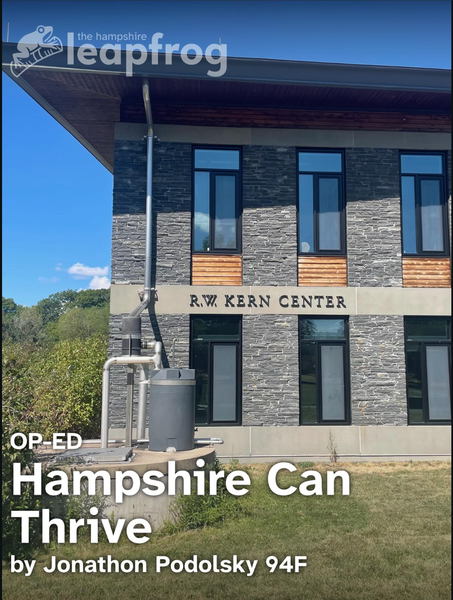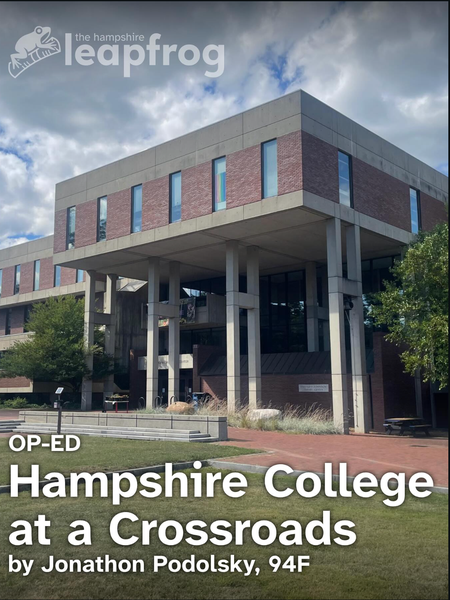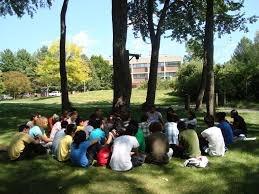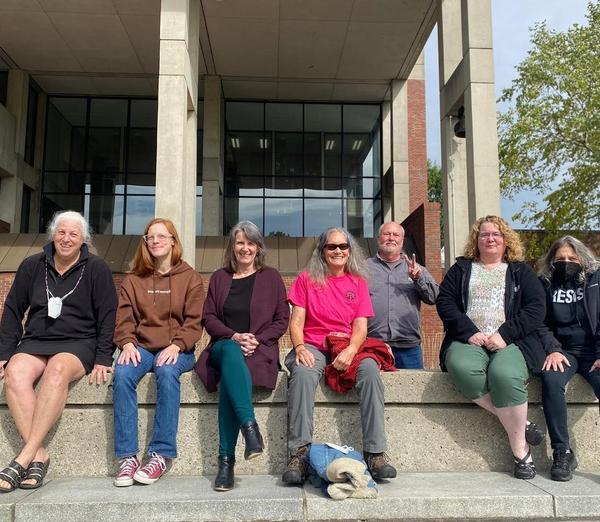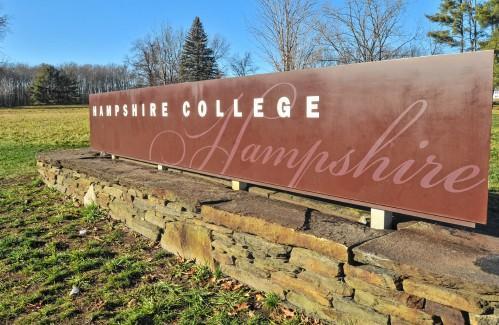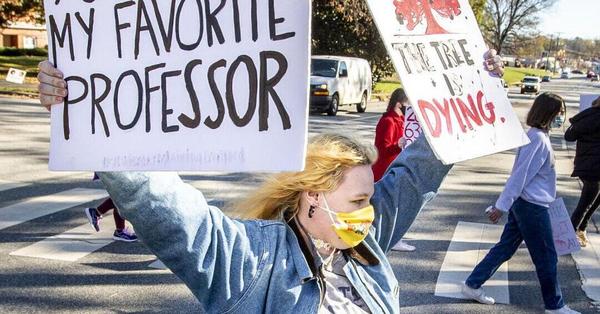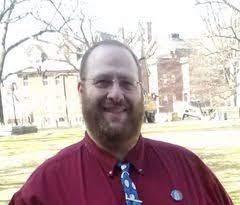The Assembly
•
May 29 2025
Can Guilford College Be Saved?
Published initially via newsletter and at www.theassemblync.com/newsletter/the-quad-montreat-cyber-era
Jonathon Podolsky, an activist who consults with struggling schools, was involved in Guilford College’s last survival campaign, and he submitted this letter to The Quad with his thoughts on how the school should move forward. We are running it in full.
Guilford College declined to comment.
Guilford College’s acting leadership is working hard to cut expenses and increase revenue, but time is tight. To maximize results, they need to rebuild trust with their stakeholders, even those who have given up on the college.
Matt Hartman’s recent piece in The Assembly, “Guilford College Debates How Quakerly it Should Be,” was an excellent deep dive that surfaced important issues. It observes a dichotomy between forming Quaker councils, or making business decisions first. But we need a different lens to better see the college’s main impediments and way forward. Saving a college is like playing 3D chess while riding a bicycle. It requires an immaculate strategy while sustaining movement and balance.
Various strategies have different time cycles, but both sides of this seeming dichotomy agree the college needs to be saved now. Guilford’s strengths in terms of its offerings to students are not business or religion in isolation, but a blend of helping students find meaning, gain professional skills, learn critical thinking, group dynamics, and ethics.
Faculty groups have plans to reduce silos and expenses. One would flatten the administrative hierarchy, another organizes the academics into four clusters: Understanding the Human and Natural World, Human Studies & Cultural Understanding, Management & Systems, Justice, Society & Global Engagement (this proposal has been accepted).
Adding majors, and other changes that Mark Cubberley suggests in The Assembly’s Guilford article, should also be considered. What’s actually needed is a better container where students, staff, faculty, alumni, and a variety of marginalized groups can discuss these issues while keeping in mind timelines, financial goals, and successive stages. I was part of the re-envisioning coalition at Hampshire College that did just that.
Guilford overspent its approved budget to the tune of $10 million, and broke stipulations from its lenders, leaving some to wonder why the board didn’t notice this and take action sooner. Guilford can act expeditiously to rebuild trust by holding a community meeting with an impartial auditor to discuss new financial controls that would prevent these problems from recurring, while the board could reform its oversight policies, reporting transparently and often.
The college also needs an ace negotiator who can level with any vendors for which it may be overpaying. It’s time to renegotiate, or there won’t be a college. I’ve heard the college has experienced delays in selling a valuable parcel of land. It’s worth asking the bondholders if they would accept the parcel in exchange for eliminating debt payments for an appropriate period.
The college must also excite its constituents with a go-forward plan and better messaging. I like these thoughts from Prof. Dixon, quoted on Guilford’s website: “When you see the lights turning on, when you see (students) waking up to their intelligence and gifts? That’s why I get out of bed in the morning. The world needs people who are occupying their intelligence and their gifts and figuring out how those gifts connect with the world’s needs. That’s what a Guilford education does for you.” Let’s make it so.
— Jonathon Podolsky



